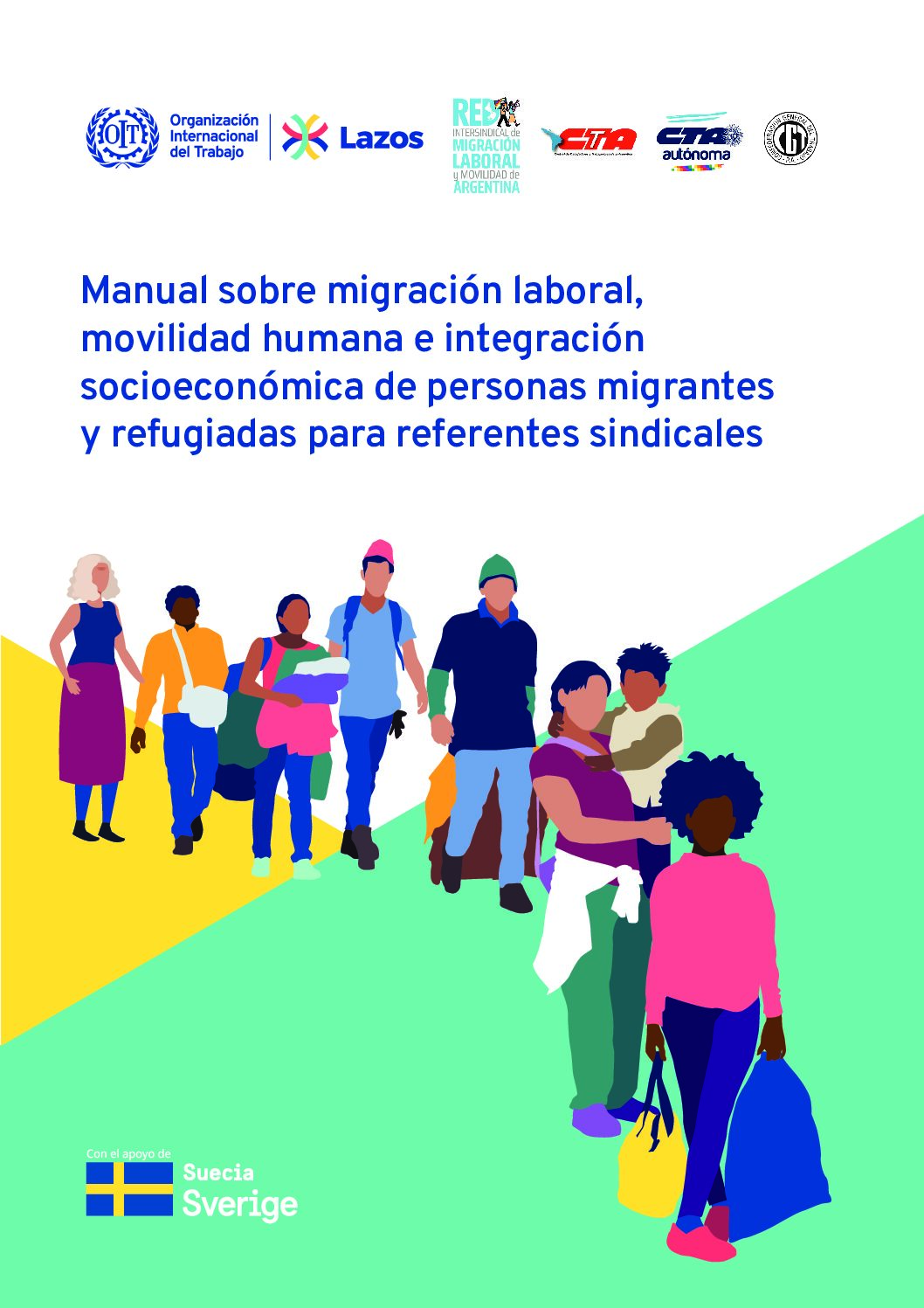Informalidad laboral en América Latina: propuesta metodológica para su identificación a nivel subnacional
Por Andrés Espejo
El territorio es un elemento clave para definir las desigualdades que afectan a las personas en su acceso a empleos de calidad. A pesar de ello, en América Latina y el Caribe no se dispone, por lo general, de información desagregada a nivel territorial. En este documento se presenta una propuesta metodológica para estimar la probabilidad de ocurrencia de la informalidad laboral a nivel subnacional. Este análisis permitirá recopilar información relevante para el diseño de políticas públicas que tengan en cuenta el territorio, además de ofrecer un instrumento que puede ser aplicado en otros ámbitos para el análisis de diversos fenómenos a escala local.
234 views










